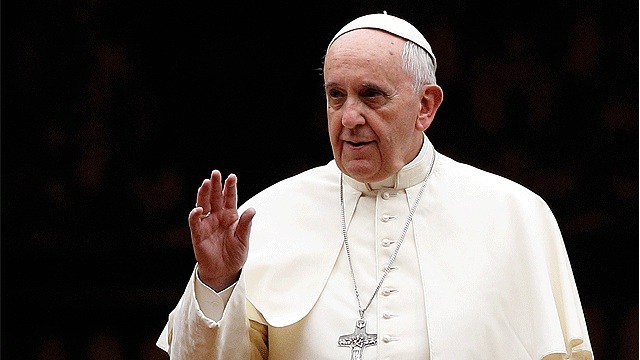
Pope Francis has described secularisation as a “complex phenomenon” and how the Church must “confront forms of paganism” within it.
Last week, a report from the Iona Institute charted the massive rise in ‘New Age’ style weddings in Ireland as people ditch traditional church ceremonies in their droves.
Speaking in Rome to his Jesuit confreres, the Pope said that he didn’t mean a paganism like the one found in the ancient world: “We do not need a statue of a pagan god to talk about paganism,” the Pope said. “The very environment, the air we breathe is a gaseous pagan god! And we must preach to this culture in terms of witness, service and faith. And from within we must do it with prayer.”
“There is no need to think of very sophisticated things; think of St. Paul in Athens,” the Pope continued.
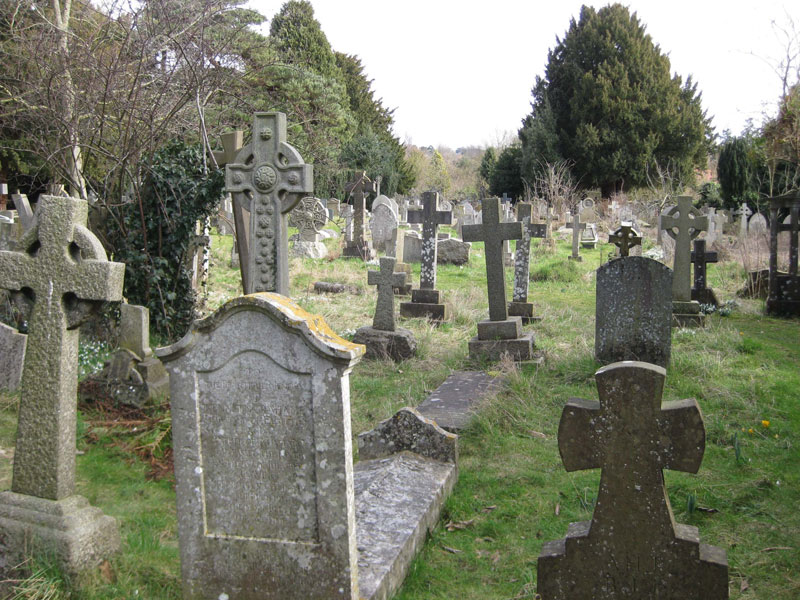
Deaths outnumbered births in the UK in the 12 months to the end of June last year for the first time in nearly 50 years, excluding the Covid pandemic, new official figures show. It is now expected that deaths will outnumber births indefinitely.
There were 16,300 more deaths than births in the year to June 2023, the Office for National Statistics (ONS) said. In Scotland and Wales, deaths outnumbered births while the opposite occurred in England and Northern Ireland, although not by a large margin.
The UK population still increased by the largest amount since the early 1970s, with net migration the driver across all four areas.
The ONS says the population grew by 662,400 to an estimated 68,265,200 people in the year to mid-2023 – a 1% increase.

Family separation more than doubles the risk of falling into poverty, according to new research published by the ESRI. The number of divorced and separated people in Ireland now stands at over 300,000 according to Census 2022.
The study found that the risk of economic vulnerability is 2.6 times greater for those who become a lone parent compared to similar families that stay together. For example, the risk of previously married mothers being economically vulnerable is 37% compared to 15% for those who stay married, even when controlling for factors such as family size, employment status, education and previous economic vulnerability.
Furthermore, the researchers found that the increased risk of poverty associated with separation is widespread even among those who are relatively advantaged before the break-up. For example, among women with degrees, the probability of economic vulnerability is 24% for those who become lone parents compared to 10% for those who remain partnered. For those with only lower second-level education, the respective figures are 44% and 23%. Therefore, while there is a substantial increased risk for both groups, lone parents with lower educational qualifications have the highest risk overall.
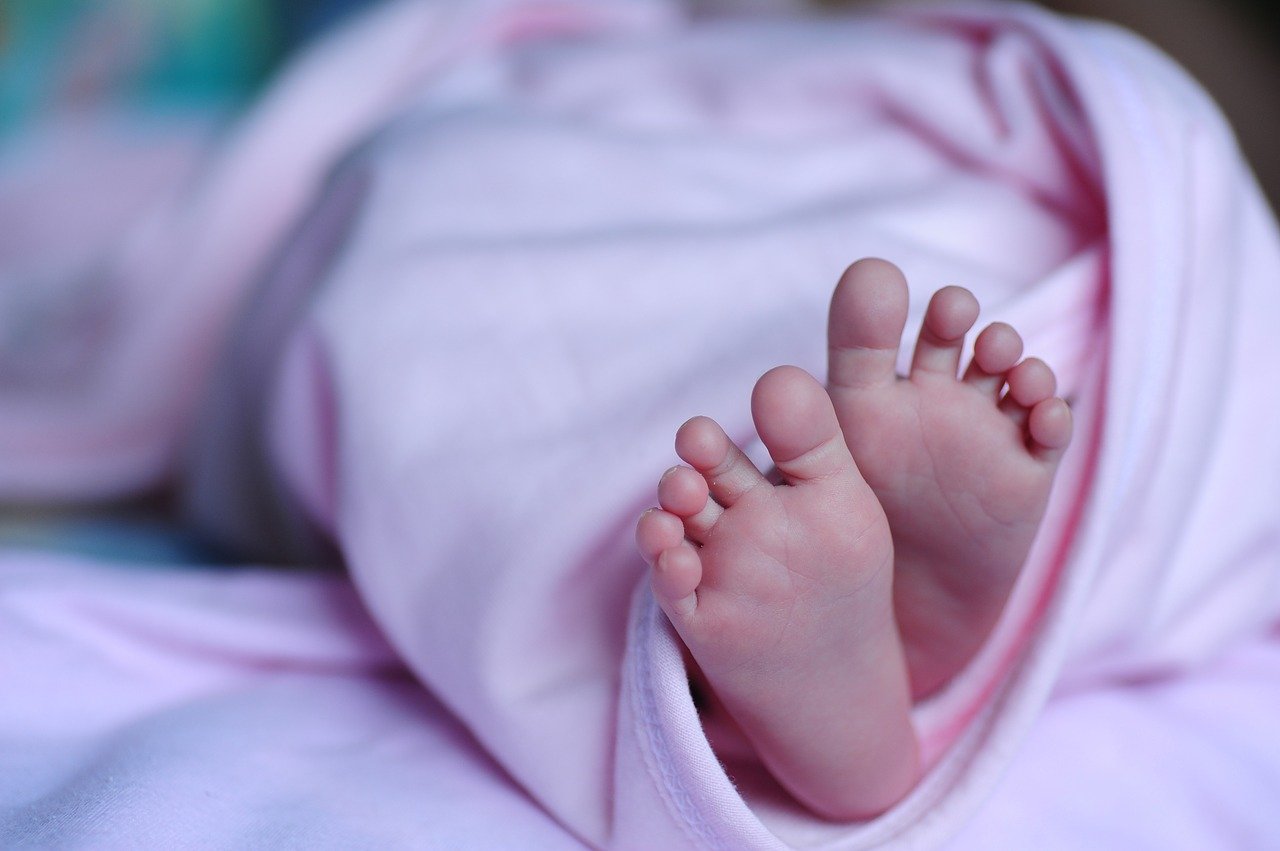
A couple who claimed they would have terminated their pregnancy if a hospital scan had shown the baby had an unspecified congenital condition has received compensation after suing the HSE.
The scan taken at 21 weeks was incorrectly reported back as normal but the baby when born had a rare congenital condition.
It is understood that the settlement was for a substantial sum.
The judge ordered that the couple and the boy at the centre of the case not be identified, and the name of the rare condition he has, not be published.
The pregnancy dates from 2019.
Counsel said the proceedings were also in the name of the little boy and had been brought so he could be provided for.
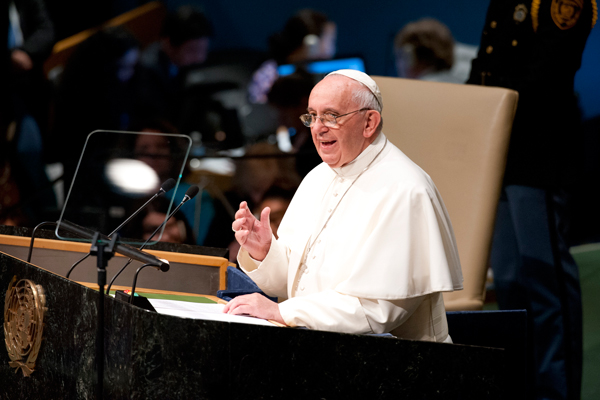
A call for all forms of surrogacy to be abolished has been made by a representative of Pope Francis at the United Nations. Most Western countries ban the practice. Ireland has recently passed one of the most permissive surrogacy laws in Europe.
Speaking at the General Assembly of world leaders in New York a week ago, Cardinal Pietro Parolin, Secretary of State of the Holy See said “the practice of so-called surrogate motherhood is deplorable, representing a grave violation of the dignity of both the woman and the child, based on the exploitation of situations of the mother’s material needs”.
He added: “A child is always a gift and never the basis of a commercial contract. Consequently, the Holy See hopes for an effort by the international community to prohibit this practice universally”.
Addressing the wider context, he said that in order to promote women’s equal dignity with men and to protect them from any oppressive practices, “it is of the utmost importance to preserve all those traditional values which highlight the beauty of their being women, which flourishes in motherhood, in mutual reciprocity in family life, as well as in their free and equal participation in social, economic and political life”.

A pro-abortion activist group which calls itself ‘Catholic’ has protested the Vatican’s Synod on Synodality, hosted by Pope Francis, for having left abortion off the agenda.
A 15-metre-long quilt woven with stories of Catholic women who have had abortions was unrolled on the Via della Conciliazione, the central roadway leading up to St Peter’s.
The demonstration by ‘Catholics for Choice’, a US-based pro-abortion organisation, comes days after the pontiff said that abortion was “homicide” and that doctors who do them are “hitmen”. The US bishops have repeatedly attacked ‘Catholics for Choice’ over their use of the word ‘Catholic’ in their name and advertising.
Among the organisations that fund ‘Catholics for Choice’ is the Ford Foundation, which funds other pro-abortion groups.
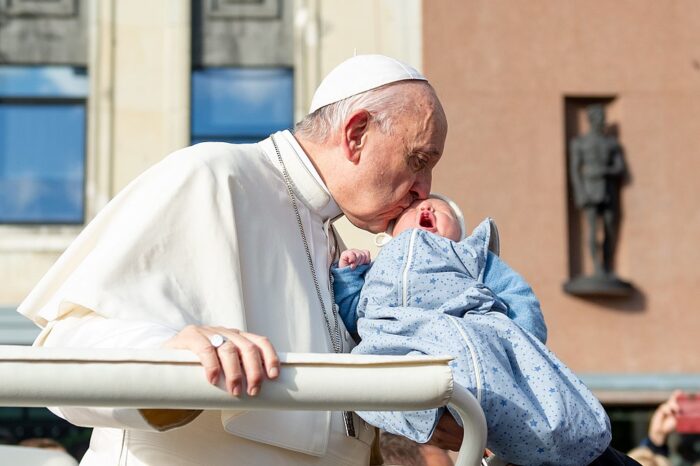
Pope Francis has encouraged married couples to be more open to the gift of life.
His words come as Catholics routinely use contraceptive methods to limit their pregnancies and as much of the world faces a looming demographic disaster.
In his Sunday Angelus address, the pope said to spouses, it is “essential to be open to the gift of life, to the gift of children”.
“They are the most beautiful fruit of love, the greatest blessing from God, a source of joy and hope for every home and all of society. Have children!”.
The pope recounted how a member of the Vatican’s Gendarmerie Corps brought his eight children to a Mass in St. Peter’s Basilica that the pope presided over on Saturday. Pope Francis described seeing the family as “a great consolation.”
“It was beautiful to see them,” he said. “Please, be open to life, to what God may send you.”

A bill is to be introduced to parliament soon to legalise ‘assisted dying’ in England and Wales.
The change in the law has been proposed by Labour MP Kim Leadbeater.
She will put forward a private members’ bill and while those rarely become law, it is thought that this may be an exception.
The Labour leader, Prime Minister, Sir Keir Starmer, is personally in favour of assisted dying, but has said he would allow his MPs to have a free vote on the matter,
While he won’t publicly champion the bill, out of respect for parliamentary procedure, he also does not intend to frustrate the bill’s passage, as has sometimes happened with previous private members bills.
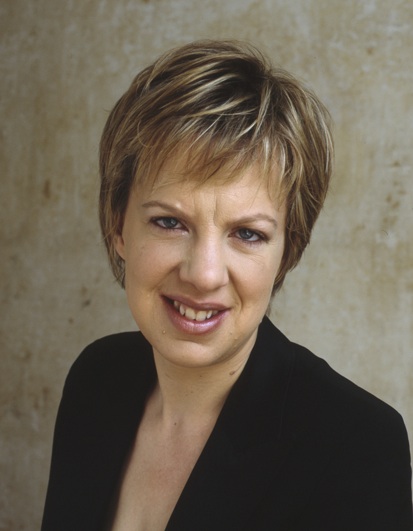
Labour leader Ivana Bacik has urged the Government to enact legislation that would ensure religious orders are forced to contribute in full to redress schemes for abuse victims. Orders like the Jesuits and the Spiritans have already paid out millions each.
Addressing the Taoiseach in the Dáil, Deputy Bacik called on Government to change the law before the next general election.
She said: “Any organisation which facilitates abuse, and even covered it up, must be compelled to pay redress”.
The Labour leader said the Government already called on religious orders to pay their share of redress, but added that appeals to moral duty cannot be relied upon.
She shared with the Taoiseach a Bill that Labour has drafted to ensure that religious orders will be compelled to contribute in full to redress schemes.
In response, “the Taoiseach confirmed that he would refer our Labour Bill to the Attorney General, who is already examining mechanisms to ensure religious orders pay up”, she said.
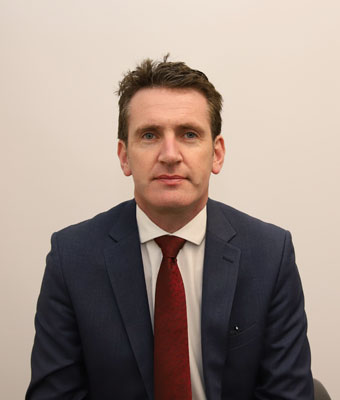
Denominational education should be abolished according to Labour MEP, Aodhán Ó Ríordáin, a frequent critic of faith-based schools.
Debating the issue with David Quinn of The Iona Institute on the Today Show with Claire Byrne, Ó Ríordáin rejected any model of divestment, based on parental wishes, that could leave a portion of schools with a faith-based ethos.
“Fundamentally, I believe that we need to absolutely separate church and state when it comes to education. I don’t understand why, in this day and age, that we need to have religion as the overarching context in which our children attend school”, he said.
When he asked if he wanted to remove religion entirely from schools, he agreed, adding: “I do want to remove religion completely. I just don’t think it stands up to any educational scrutiny, that this is what’s best for children”.